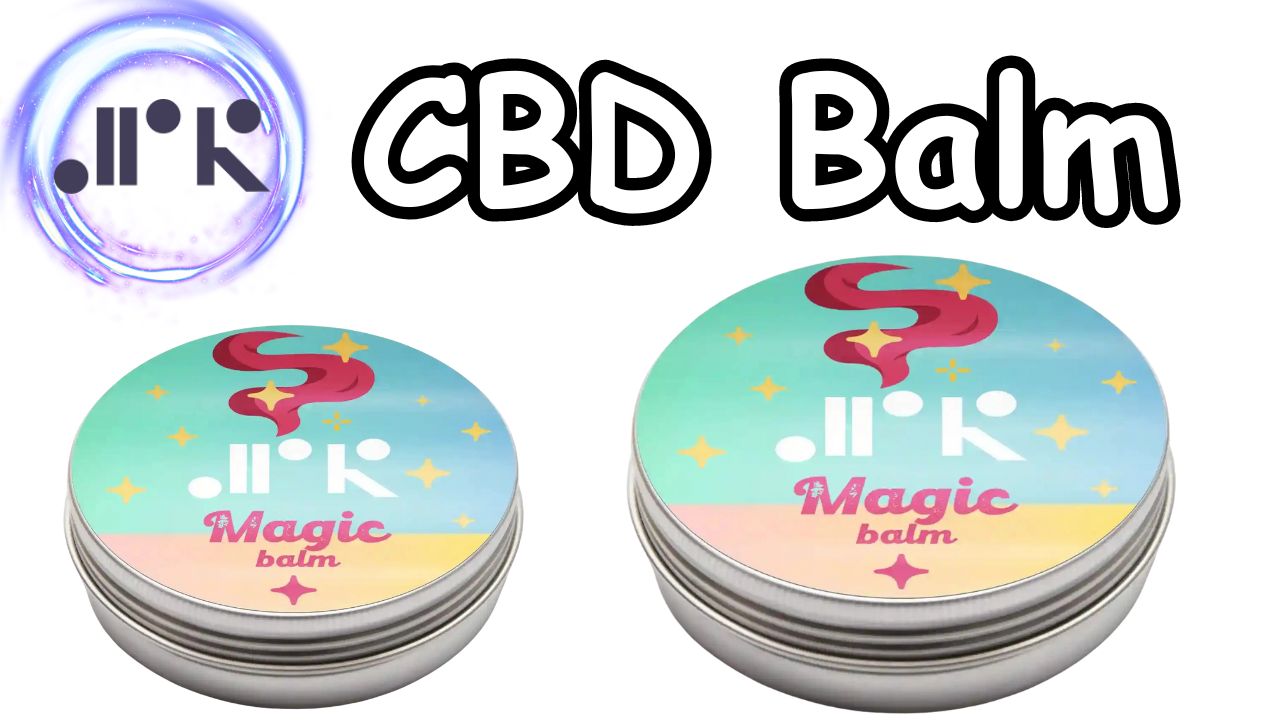Are you looking for a natural way to boost your health and wellness? Look no further than vitamin E! This essential nutrient offers a wide range of benefits, from strengthening your immune system to promoting skin health. But where can you find this powerful antioxidant? In our latest blog post on wellhealthorganic.com, we explore the best sources of vitamin E and how it can improve your overall wellbeing. So whether you’re already an avid fan or new to the world of vitamins, read on to discover all that vitamin E has to offer!
What are the health benefits of Vitamin E?
What are the health benefits of Vitamin E?
Vitamin E is a vitamin that is essential for human health. It helps to improve lipid metabolism and has anti-inflammatory properties. Additionally, it can help protect the heart and brain from damage. In addition to these benefits, vitamin E also supports a healthy immune system.
Where can I find Vitamin E in food?
Some of the best sources of Vitamin E include nuts, seeds, and vegetable oils.
What are the nutritional sources of Vitamin E?
Vitamin E is an essential nutrient found in plant-based foods. It helps to protect cells from damage and can promote heart health, cognitive function, and healthy skin. Some popular sources of vitamin E include nuts, seeds, avocados, olives, and green leafy vegetables.
Are there any side effects to taking Vitamin E?
There are generally very few side effects to taking vitamin E as long as it is taken in the recommended dose. Some potential side effects may include upset stomach, diarrhea, nausea and vomiting, but these are generally mild and temporary. Individuals with a history of gastrointestinal problems should speak with their doctor before starting a vitamin E supplement regimen.
How much Vitamin E should I take?
Vitamin E is a nutrient that is found in many foods. It can help protect the body against cancer, heart disease, and other diseases. The recommended amount of vitamin E varies depending on your age, sex, and activity level. The American Dietetic Association (ADA) recommends that adults aged 19 to 70 get 15 mg of vitamin E per day. People who are 71 years or older should get 10 mg of vitamin E daily.
What else should I know about Vitamin E?
Vitamin E is a potent antioxidant that has been shown to protect cells from damage caused by free radicals. It also helps to keep the skin healthy and prevents wrinkles and age spots. Some of the nutritional sources of vitamin E include nuts, seeds, cereal grains, and vegetable oils.









